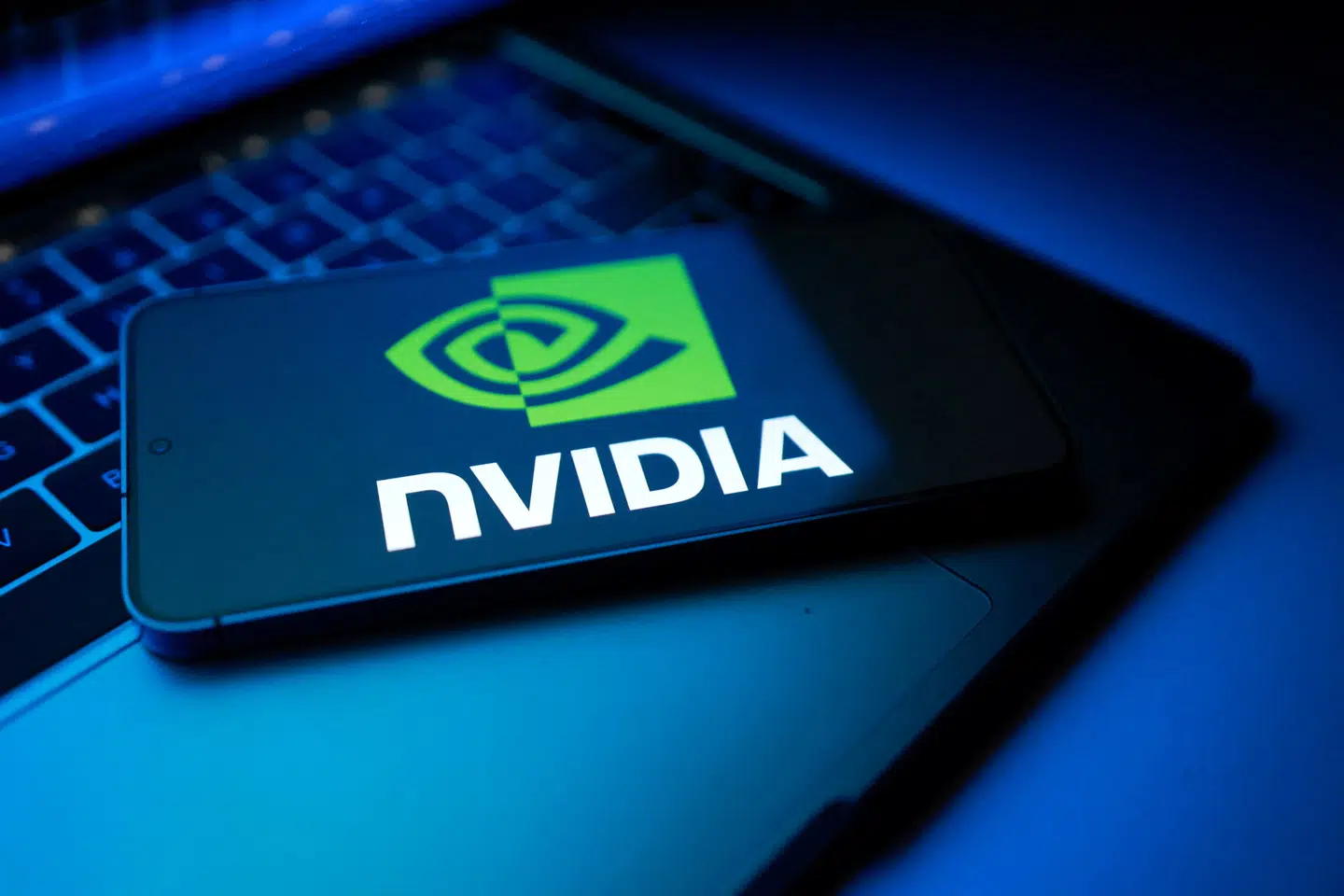Drugmaker hopes Nvidia-chip powered supercomputer will help it find new drugs and accelerate lengthy R&D timelines
Drugmaker Eli Lilly has teamed up with artificial-intelligence chip designer Nvidia to build what the companies say will be the most powerful supercomputer run by a pharmaceutical company to boost the discovery of new medicines.
Læs også: Derfor kan du nu læse artikler fra The Wall Street Journal på Euroinvestor
Lilly, which makes the popular weight-loss drug Zepbound and treatments for diabetes and cancer, said the supercomputer and its AI capabilities will allow it to identify new molecules and to speed up the typical yearslong development timelines.
Indianapolis-based Lilly also will tap the system for other functions such as improving clinical trials, manufacturing processes and sales.
The companies, which announced the partnership Tuesday, declined to disclose financial terms of the deal. Lilly said some of the Nvidia equipment arrived at the company’s Indianapolis data center over the weekend. Lilly expects the system to be online by January.
One of the biggest hopes for AI is its potential to vastly improve the discovery of new medicines, a notoriously risky undertaking, by helping researchers identify disease-causing biological traits and the best drug mechanisms to combat them.
Big drugmakers such as Johnson & Johnson and Roche Holding have been racing to add AI capabilities , while some startups are focused exclusively on AI-enabled drug development.
They hope the addition of AI can help boost a stubbornly low success rate in getting new treatments from the lab to pharmacy shelves, for example by discovering molecules that conventional methods haven’t turned up.
Yet the industry’s use of AI is still in the early stages , and companies have had more success using AI tools for back-office functions or designing clinical trials than for discovering new drugs and getting them to market.
Lilly hopes the construction of an Nvidia-powered supercomputer will help fulfill AI’s potential to better discover new medicines.
“I personally envision a future where you can address so much more potential illnesses and devastation than we could do now,” said Thomas Fuchs , Lilly’s chief AI officer. “AI is used these days for so much useless stuff. But this one, that’s the one it should be used for. It’s really something that helps us improve the human condition.”
The partnership deepens Nvidia’s ties to the medical-research community. Earlier this year, the company announced alliances with a host of partners in the pharmaceutical and life-sciences fields, including the Mayo Clinic and DNA-sequencing company Illumina .
Nvidia Chief Executive Jensen Huang has for years worked with labs in a variety of industries, including life sciences, to find ways of using Nvidia’s processors to help solve problems requiring complex calculations, although academic applications don’t represent a major revenue stream for the company.
Kimberly Powell , vice president of healthcare at Nvidia, said AI wouldn’t provide a quick fix but could help spur efforts to find targeted therapies for tough-to-treat diseases.
“This is 10 years of innovation that is going to get us to that personalized medicine dream we’ve been talking about for some 30 years. But we now have an incredible new instrument to get us to do that,” she said.
Lilly’s supercomputer will be powered by more than 1,000 Nvidia Blackwell graphics processing units, or GPUs. The chips, known as B300s, are among the most advanced AI processors Nvidia designs. Lilly said the supercomputer would run on 100% renewable electricity within existing Lilly facilities and use a chilled-water system for cooling.
Fuchs said Lilly is building and operating its own supercomputer, rather than using a third party’s, to guard against geopolitical issues that could lead to shortages of key components. It also gives Lilly more control over a system that will incorporate decades of its proprietary data.
Diogo Rau , Lilly’s chief information and digital officer, cautioned that it still might take years to get the first fruits of AI-powered drug discovery into the hands of patients, likely into the 2030s. Any new molecules discovered would still have to go through clinical trials, which take several years.
Write to Peter Loftus at Peter.Loftus@wsj.com and Robbie Whelan at robbie.whelan@wsj.com
